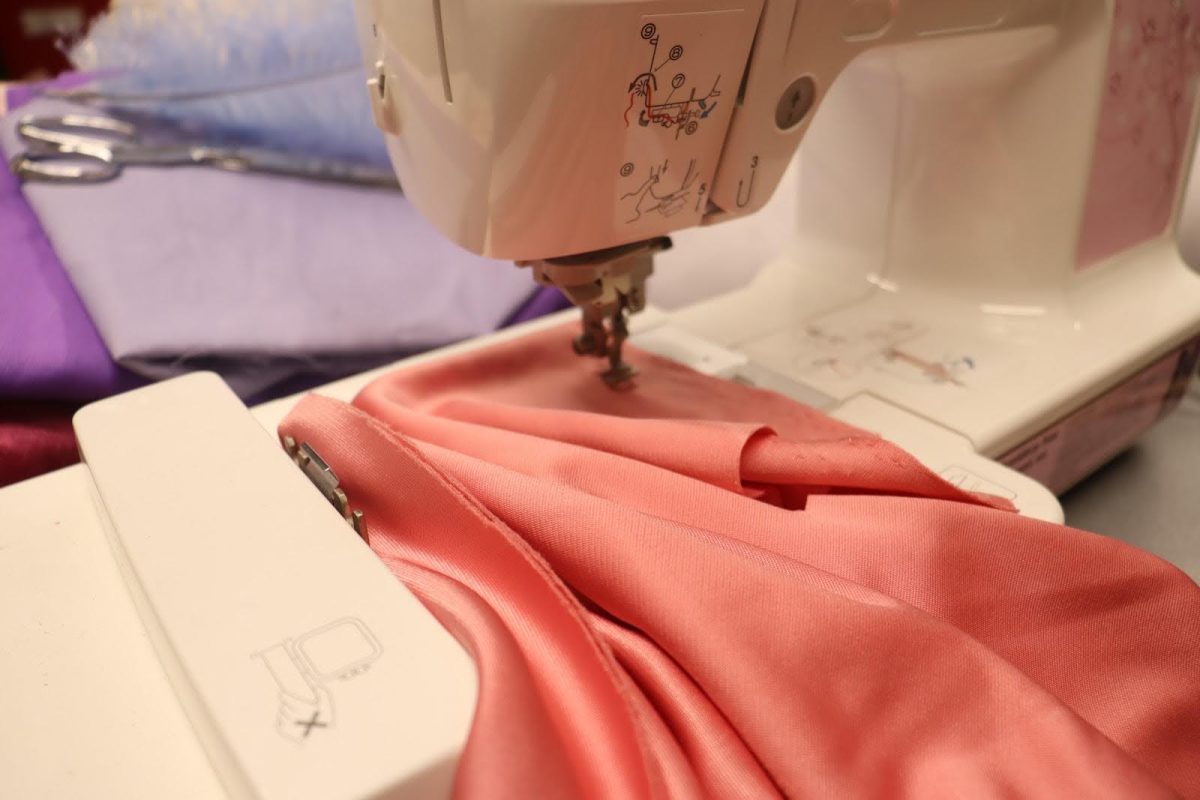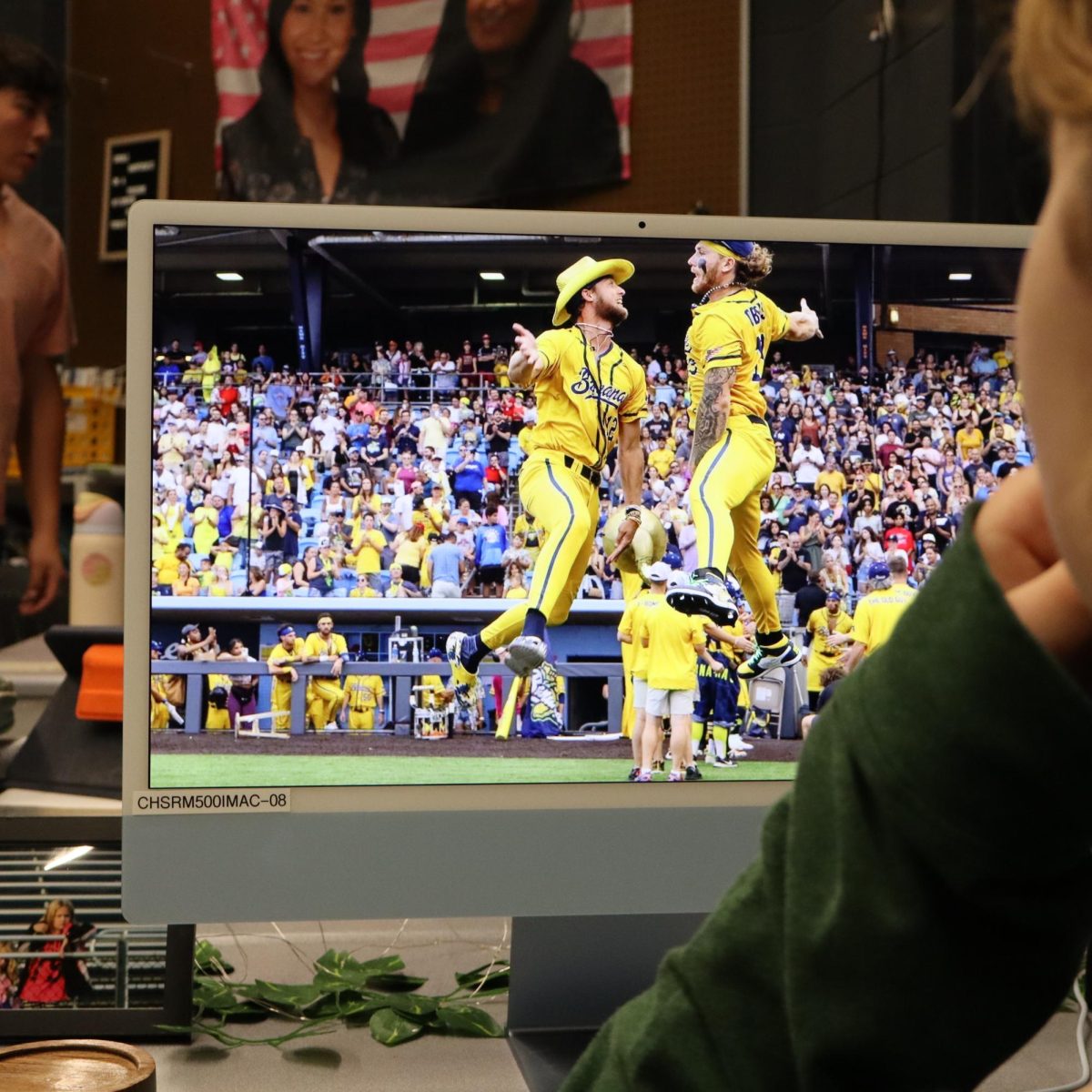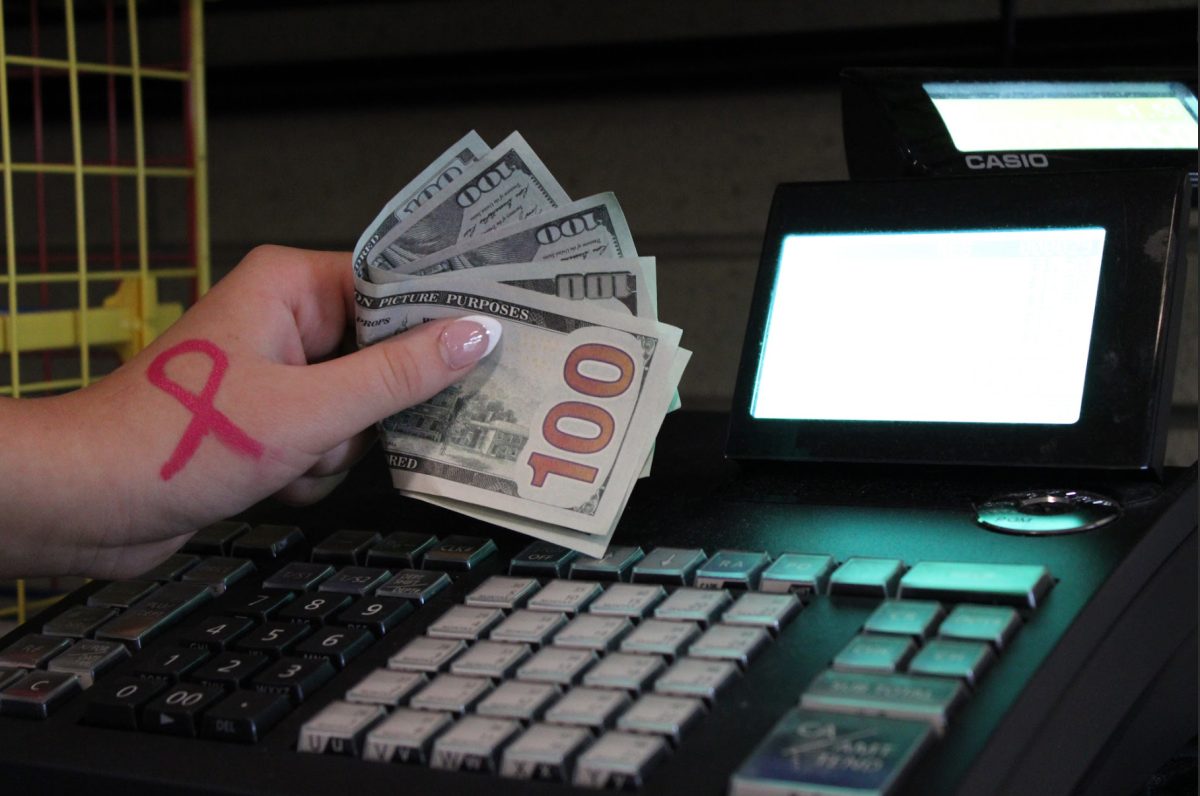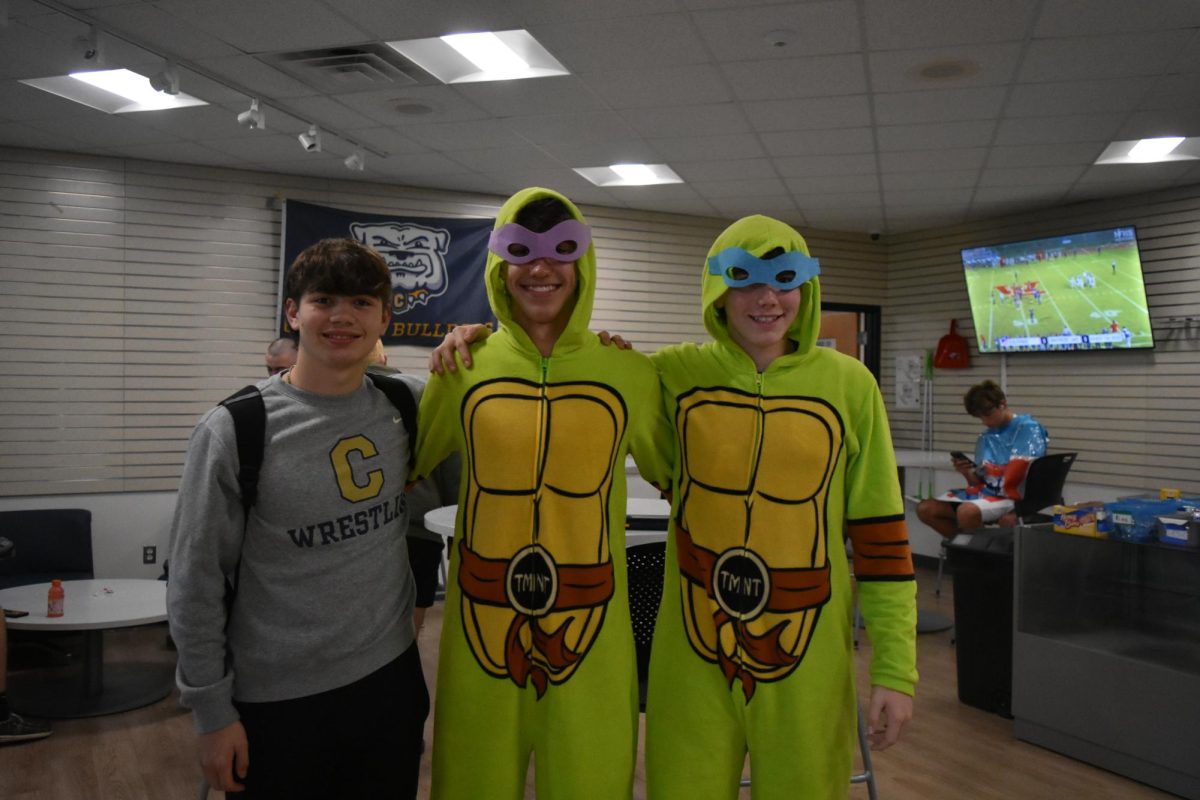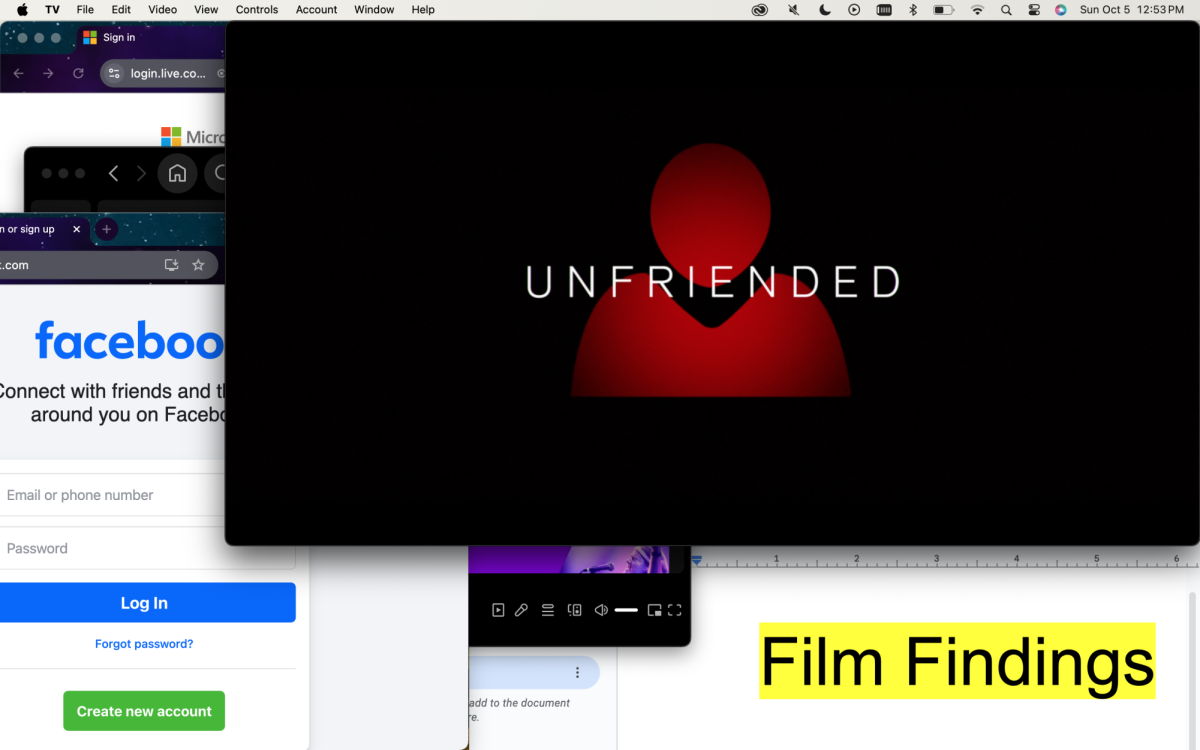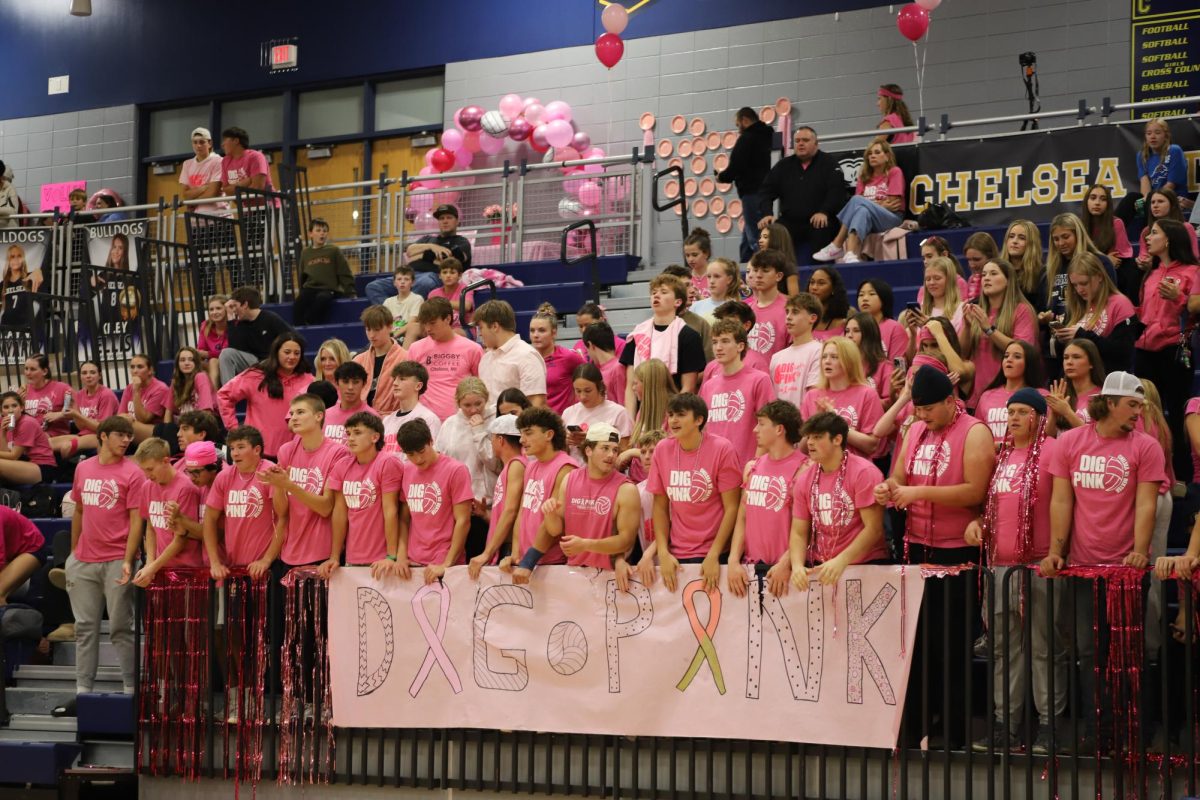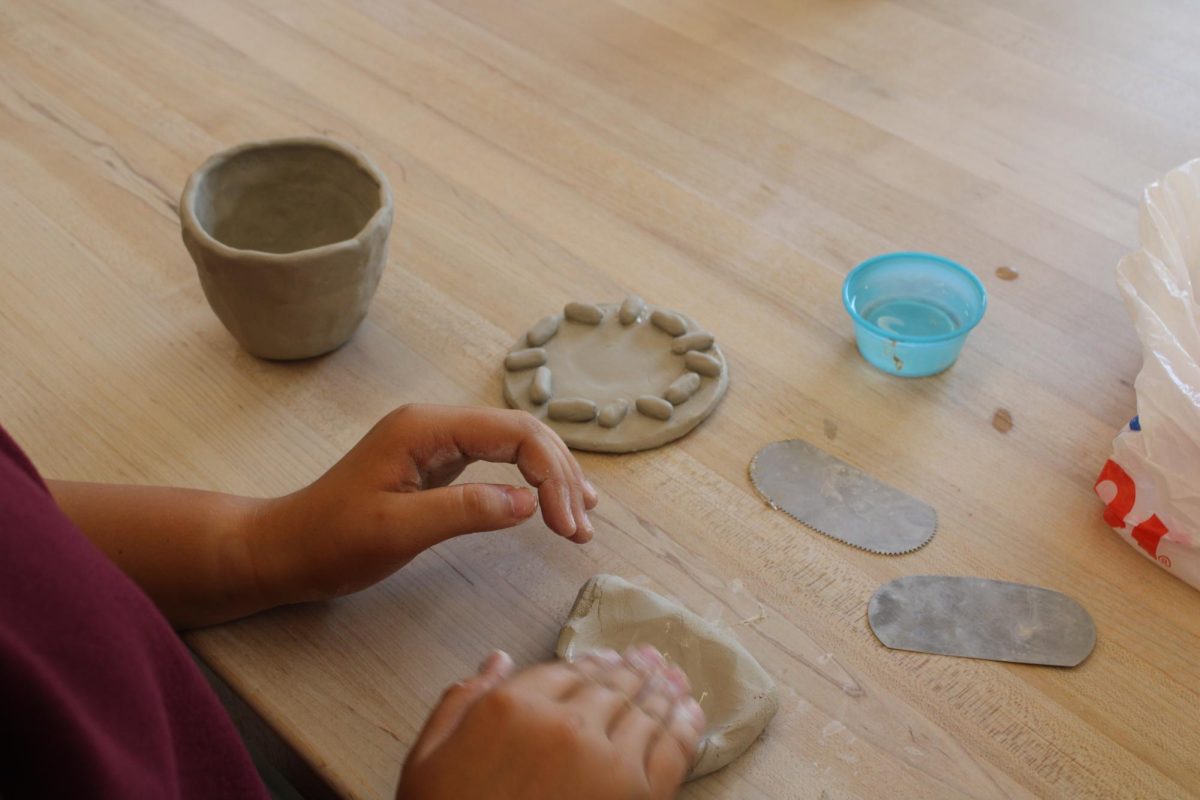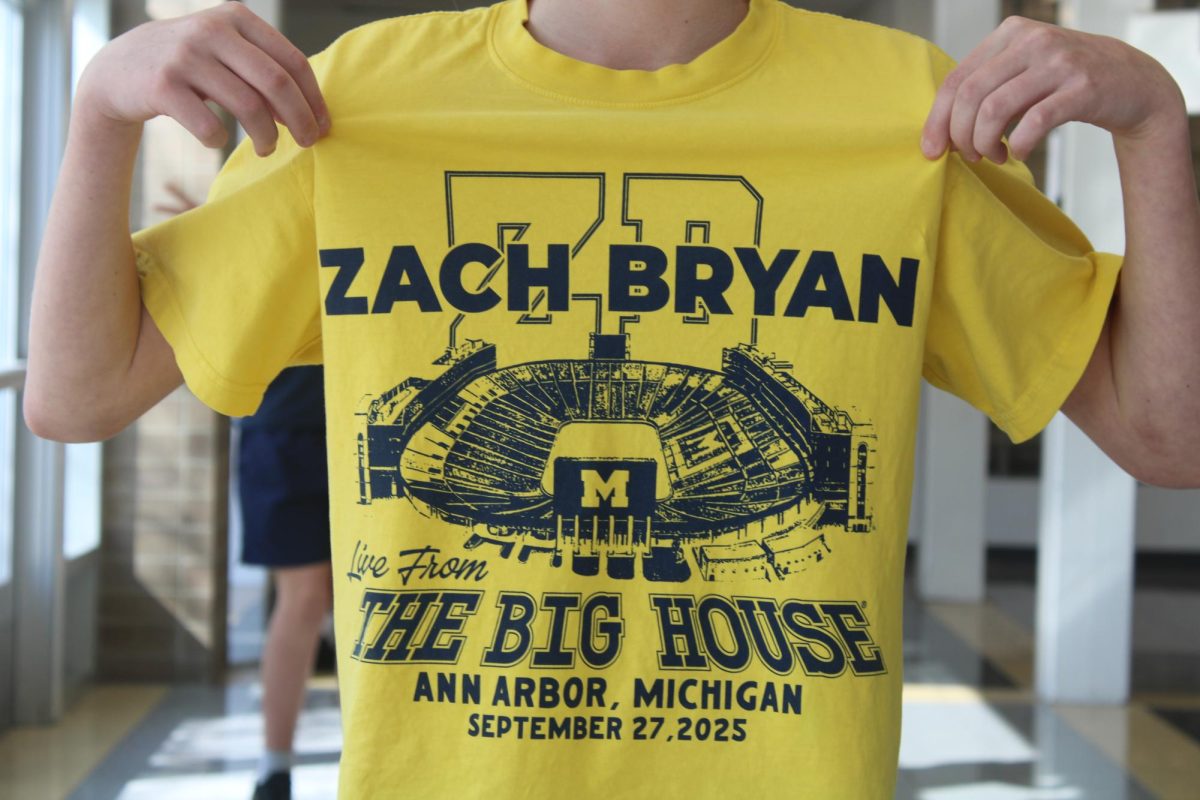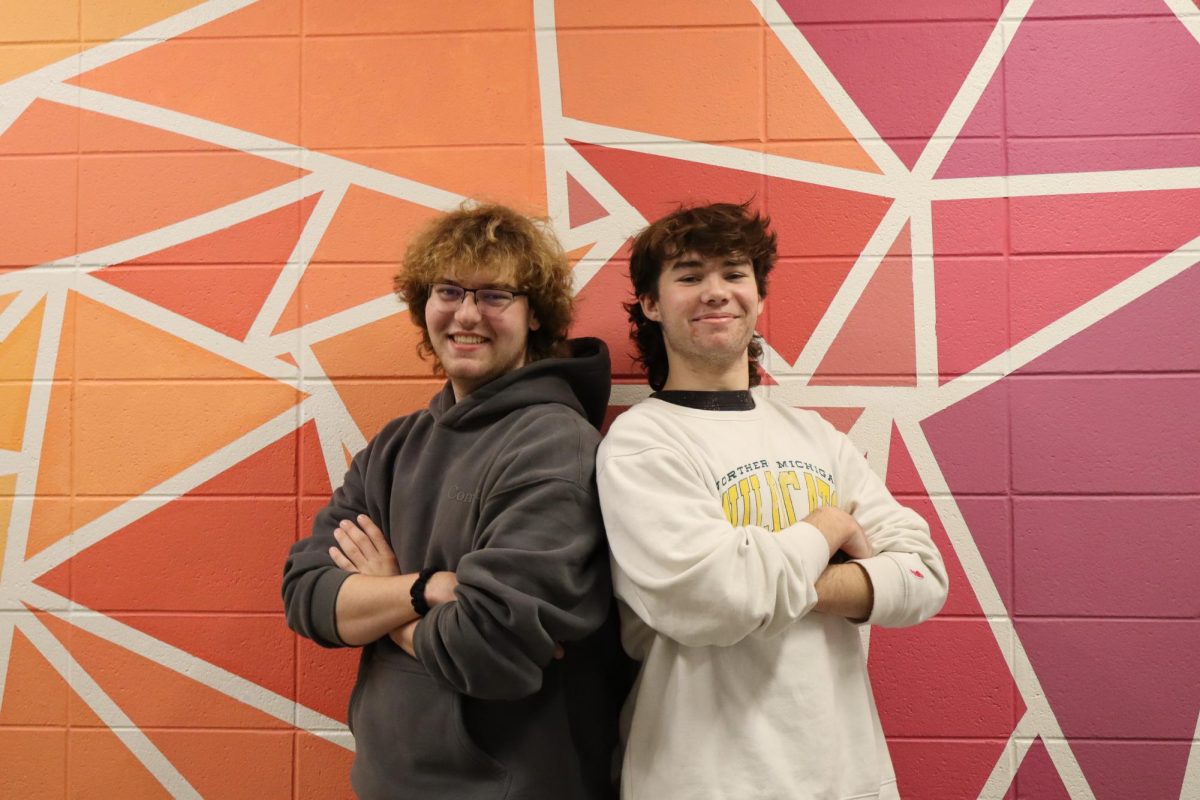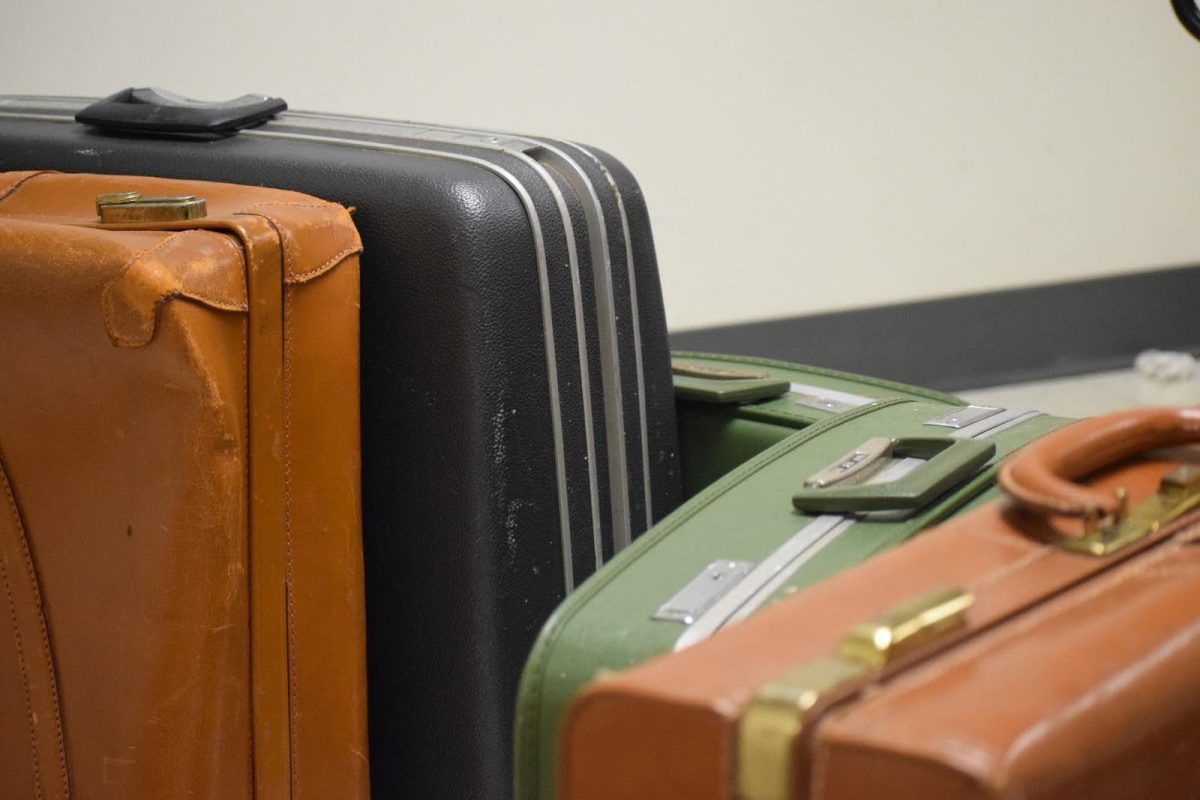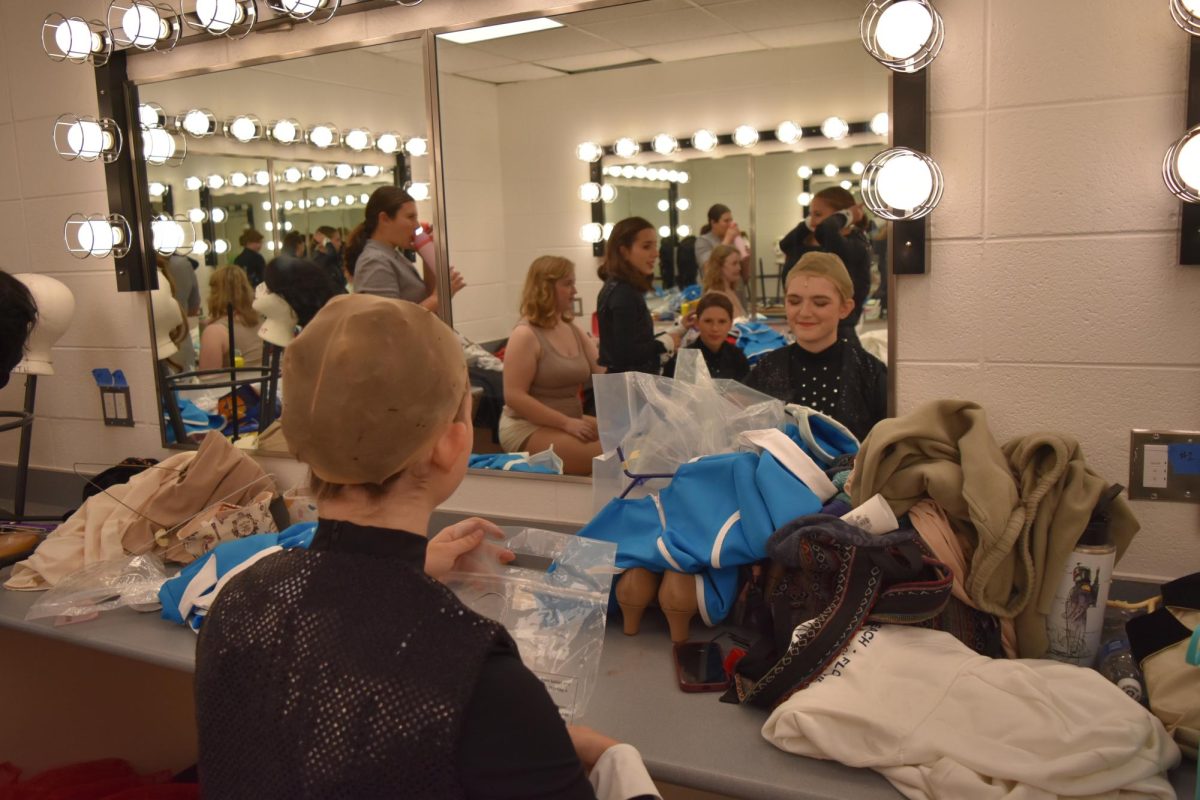A rip in your favorite pants becomes a distant memory as they’re tossed in the trash, your fits forever slightly less fire in their absence. Oh well, maybe the jeans you ordered from SHEIN yesterday will do the trick. Your latest paycheck disappears in a blink of an eye as you buy dinner from DoorDash every other night, sick of the microwaved ramen you eat otherwise. It’s 2025, and the slow way of life is seemingly nonexistent.
The rise of online shopping, next-day shipping, and fast-paced trend cycles has made things faster and flimsier than they used to be. A challenge to this rise in consumption and convenience is Home Ec. Home Economics, now called Family and Consumer Sciences (FCS), teaches practical life skills. Such classes are offered at CHS, including foods, personal management, child development, and sewing. But why learn these things when you can pay someone to do it for you?
“Because they deal with everyday. The skills you learn in here, you’re going to use for the rest of your life,” FCS teacher Martha Waldo said.
Sure, right now, you have your favorite store and its entire online catalogue at the mercy of you and your debit card. But the skills you gain in FCS classes are going to outlast any retailer you can think of. Plus, you can take the old and make it new and useful again.
“I would buy a cheaper option and then sew that. Upcycling, you know?” Iris Rouch (‘27) said.
Sewing may no longer seem like a major life skill, but in a world where everything is disposable, the longevity sewing gives you makes it more important than ever. There’s value in making things that last, and in mending and improving things that don’t.
“It’s a very valuable skill to have,” Waldo said. “It was a lost art, and it’s nice to be able to bring it back. You know, there’s something about taking that blank slate and then turning [it] into something usable, wearable.”
The same can be said about the art of cooking. Learning to plan, prep, and cook for yourself is, among other things, usually much cheaper in the long run.
“A meal is now almost running double the price because you’re using something like DoorDash,” Waldo said. “If you were to stay home and make it versus buying it, you’re paying double the amount by having somebody drive it to your house.”
It’s not just about the money; it’s also the freedom that comes from feeding yourself. Learning how to cook helps you gain ownership over your life, even in the mundanity of eating.
“Honestly, I like being able to make my own food and having some creativity, and being able to try whatever I want,” Steven Cattell (‘26) said. “Instead of being supposed to eat what somebody else makes for me.”
As many students are in that transitional period of life and are gaining independence, the skills learned in FCS classes are freeing for many, and soon prove to be important as they grow up.
“I’m going to college very soon, and I want to be able to make food for myself,” Cattell said. “I think it’s a valuable class that a lot of people should take.”
Beyond fashion and food, FCS classes prepare students for potential real-world responsibilities, like parenting. In Child Development, students learn the ins and outs of childcare, from basic needs to emotional care.
“It just gives you a better understanding of how to actually raise a child the right way,” Connor Harrison (‘27) said. “Much more than I had before the class.”
Whether you’re caring for a child or cooking for yourself, being able to do it without relying on someone else is what true independence looks like. That kind of real-world preparation is hard to find in a traditional classroom. FCS classes have a direct impact on your life; they take what you learn in an academic setting and apply it to everyday living.
“You’re taking what you do in English, and then you come in here and you’re applying it. Whether you’re writing a resume or you’re reading a recipe. So, yeah, you’re taking those core classes, and this is [the] application,” Waldo said.
The value of Home Economics classes runs deep. In a world where independence is often traded for convenience, knowing how to sew, cook, and care for others isn’t just important. It’s powerful. Maybe you burn every dish you touch at first, or you spend more time ripping out stitches than actually sewing. But at the end of the day, those mishaps are yours and yours alone. There’s a beauty in being able to make your own mistakes and in taking things slow.
Being your own person is more important than ever. In a world of over-consumption, being able to look at something and say, “I made this,” might just be the most valuable thing a class could give you.

